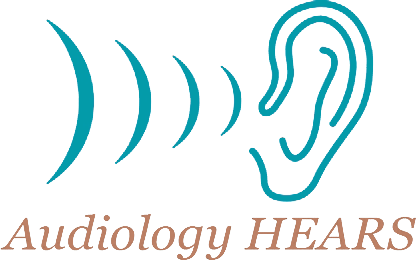Dealing with hearing loss can be an emotional journey. Hearing aids can significantly improve the quality of life, but they require regular care to ensure they stay in top shape. Learning how to properly maintain your hearing aids can extend their lifespan and keep them performing optimally. Below, you will find important tips to help with the maintenance of hearing aids.
Cleaning Hearing Aids
Maintaining clean hearing aids is key to their longevity and performance. Every night, before going to bed, take a few minutes to gently clean them. Use a soft, dry cloth to wipe down the hearing aids. Avoid using cleaning agents or water, as moisture can damage the electronic components. Pay close attention to the microphone and receiver openings, as these can become clogged with wax and debris. A small brush, often provided with hearing aids, can be very useful in cleaning these parts.
Storing Hearing Aids Properly
Proper storage significantly affects the longevity of hearing aids. When they are not in use, store them in a dry, cool place. Avoid leaving them in the bathroom, where humidity levels are high. Instead, consider using a hearing aid dehumidifier every night. These devices can remove any moisture accumulated throughout the day, preventing internal damage. When storing hearing aids, make sure to open the battery door. This simple step allows air to circulate, reducing moisture buildup and conserving battery life.
Regular Battery Maintenance
Batteries are the lifeline of hearing aids. Therefore, paying attention to them is critical. Always have spare batteries on hand, and store them in a cool, dry place. When changing batteries, clean the battery contacts with a dry cloth to ensure a good connection. It’s beneficial to remove the batteries at night to extend their life and prevent corrosion. Batteries should be replaced promptly if they become depleted to avoid potential damage to the device.
Handling Hearing Aids with Care
Hearing aids are delicate devices, and handling them with care is paramount. Always remove and insert them over a soft surface to avoid damage if they fall. Don’t expose hearing aids to extreme temperatures, as this can affect their functionality. When applying hair products, lotions, or sprays, make sure to remove the hearing aids first. These substances can clog the microphones and block sound.
Routine Professional Checkups
While regular home maintenance is necessary, professional checkups are equally important. Hearing health professionals can perform thorough cleanings and adjustments that might be difficult to do at home. Scheduling regular visits helps detect any issues early on, ensuring that the hearing aids are always in optimal condition. Professional cleanings can prevent small problems from becoming significant issues, saving time and money in the long run.
Monitoring Hearing Health
Finally, monitor any changes in your hearing health. Noticing any decrease in performance might indicate that the hearing aids need adjustments or servicing. Regular hearing checkups can ensure that the hearing loss is adequately managed and that the hearing aids are providing the best support possible. Early intervention can significantly affect the effectiveness of hearing aids and overall quality of life.
Maintaining hearing aids doesn’t have to be overwhelming. By adopting these simple habits and seeking professional support when needed, the performance and longevity of hearing aids can be ensured. Remember, taking care of hearing aids is an investment in better hearing and a more connected life.
